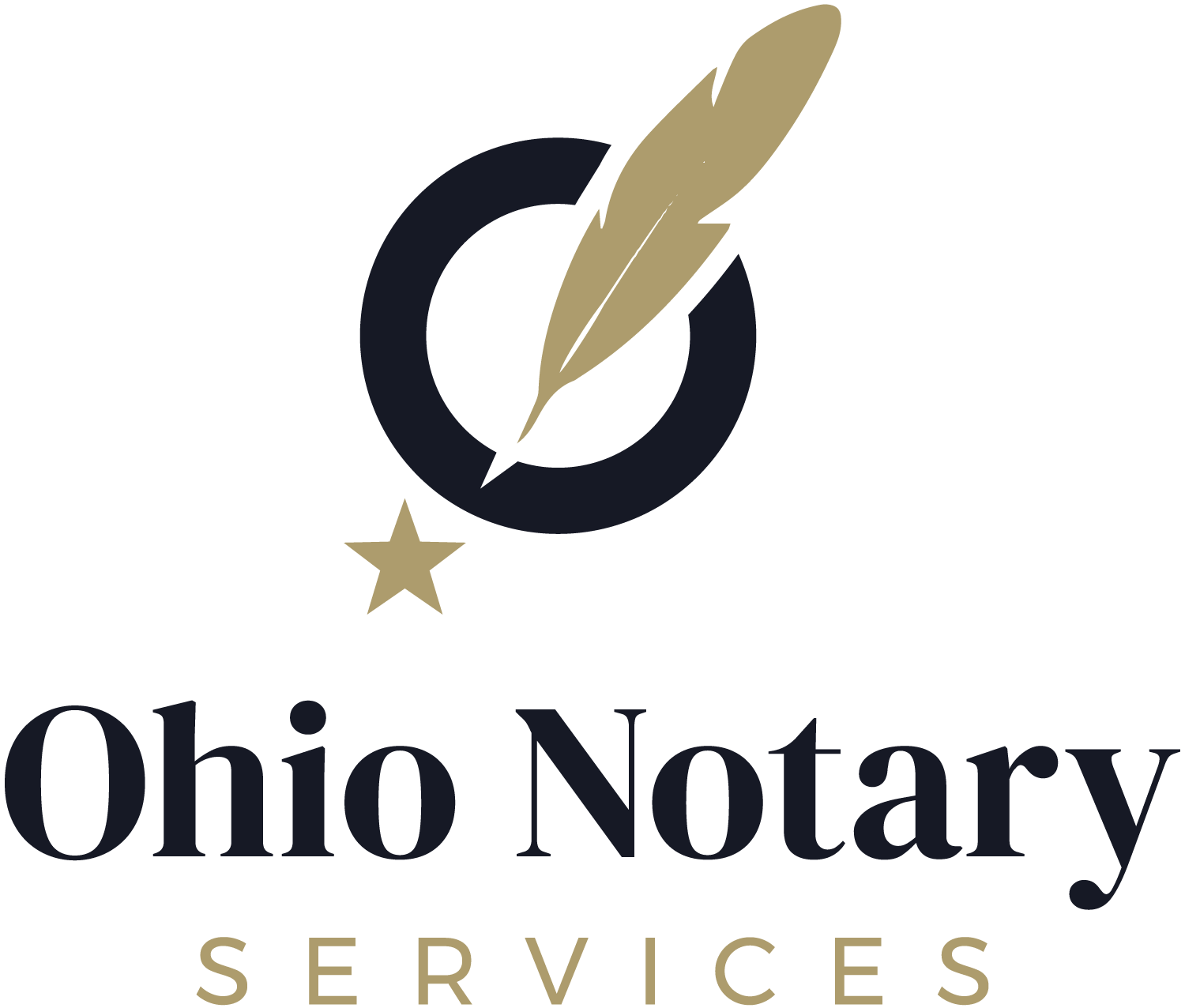Browsing DIRCO Needs: Conformity and Diplomatic Relations
Browsing DIRCO Needs: Conformity and Diplomatic Relations
Blog Article
Debunking Notarial Work: Streamlining the Function and Relevance of Notaries
Their function, often shrouded in secret for numerous, carries substantial weight in guaranteeing the credibility and honesty of important documents. By deciphering the intricacies bordering notarial techniques and losing light on the relevance of their acts, a more clear understanding emerges of the vital duty notaries play in supporting the material of lawful and legal contracts.
The History of Notarial Work
Just how did notarial job progress in time to come to be an integral component of legal and business deals? The history of notarial job go back to old civilizations, where scribes played an important function in videotaping essential information and confirming documents. As cultures proceeded, the requirement for a more formalized system to make certain the legitimacy of agreements developed. This caused the development of notaries, individuals selected by the state to function as objective witnesses in legal issues.
During the Center Ages, notaries acquired prestige in Europe, with their functions broadening to include composing lawful papers, certifying trademarks, and preserving records. The surge of global profession further stressed the importance of notarial work in confirming agreements and contracts throughout borders.
In the modern age, notaries remain to play a vital duty in lawful and service transactions by verifying identities, confirming the credibility of records, and protecting against fraudulence. Their function in licensing the validity of arrangements includes a layer of protection and depend the ever-evolving landscape of commerce and law.

Duties and Responsibilities of Notaries
Notaries play an essential role in verifying the credibility of papers and the identification of signatories. One of their main responsibilities is to witness the finalizing of vital files, such as wills, acts, and agreements, to make certain that all celebrations are getting in into arrangements knowingly and willingly.
They certify copies of original documents, providing assurance to establishments that the copies are real replicas of the originals. In general, the obligations and responsibilities of notaries are important in securing the honesty and validity of different documents and transactions - DIRCO.
Notarial Certificates and Signatures
Exhibiting careful interest to detail, notarial certificates and trademarks act as necessary elements in validating the credibility of lawful files. Notarial certifications typically have critical info such as the date of notarization, the names of the signatures, a description of the record, and the notary's main seal. These certifications supply a clear record of the notarial act, ensuring that the paper can be quickly identified and mapped back to the notary who supervised the procedure.
Signatures play a crucial function in notarial work, as they signify the arrangement and permission of the parties included. Notaries thoroughly witness the finalizing of files to validate the identification of the signatures and confirm that they are authorizing of their own free will. By affixing their main seal and trademark to the file, notaries accredit that the necessary procedures have actually been adhered to which the file is enforceable and valid.
In significance, notarial certifications and signatures are the trademark of authenticity in lawful transactions, supplying assurance to all events involved that the files are legit and binding.
Significance of Notarial Acts

Registration Process Explained
Discussing the notarization procedure supplies clearness on the necessary steps associated with confirming lawful files. The notarization process usually begins with the individual presenting the record to a notary public. The notary after that validates the endorser's identity via appropriate recognition approaches. As soon as the identification is validated, the notary makes certain that the private signing the file does so voluntarily and with no coercion.

Conclusion

Notarial Conveyancer certifications normally contain essential details such as the date of notarization, the names of the notaries, a summary of the file, and the notary's official seal. These certifications supply a clear record of the notarial act, making sure that the file can be easily identified and mapped back to the notary that oversaw the procedure.
By fastening their official seal and signature to the paper, notaries certify that the needed procedures have actually been complied with and that the record is legitimate and enforceable.
By verifying the identification of the signatures, confirming their determination to get in right into the contract, and licensing the day and place of the finalizing, notaries play a vital duty in upholding the legitimacy of lawful records.After the record is authorized, the notary will certainly affix their official seal or stamp onto the paper.
Report this page